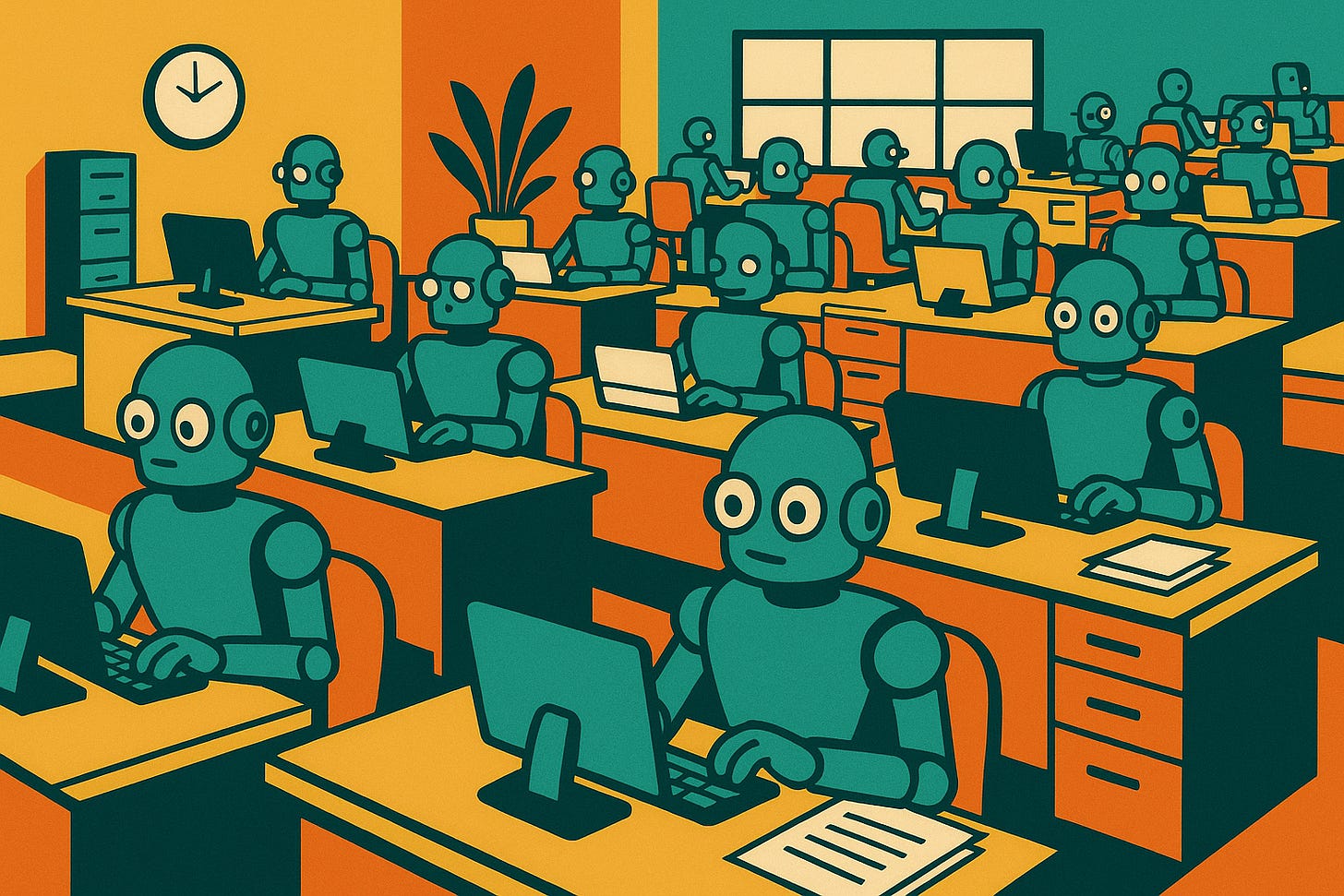Do you own your memories?
You really should...
How would you feel if, when you left a job, your employer could keep all of the memories of your work there? Real life Severance, right? That’s just science fiction. Except, it’s not - there’s a real danger that we are moving to a world of agentic software where your memories aren’t really your own.
One thing I’ve said around here annoyingly often is “bots are docs”. I started saying this for a different reason - because LLMs can’t keep secrets, no matter how well prompted, we need to store memories in a secure, separated way. Otherwise, your agent might tell a secret like your credit card info to a hostile third party. Fortunately, we already have a good mechanism for this kind of semi-shared secret: documents. Asking an agent to only disclose some of what it knows about you is a bit like telling someone only to read one page out of a long document that has all of your life in it - you’d never do that! We know how to separate and share documents.
But also - we don’t expect Google, Microsoft (disclosure: I work there) or Apple (or anyone else running a document service) to suddenly decide they “own” all of your documents just because those documents are hosted in their service. You have, and should have, an expectation that you can download that data, easily, any time you want - through APIs or other UX.
But with agents, we are in danger of building a very different world, where the providers of agents consider agentic memory to be their property, not yours. In a work setting, this is complex already, but we have some precedent - you don’t get to take confidential information with you when you leave work. But you DO get to build skills that you can use at your next job.
In a personal context, it’s different. There, it’s very clear that whatever you create with a digital tool is yours. That should extend to agents and what they output. If you work for months partnering with an agent on a project, you should be able to move those memories to a different platform if you want to - either to continue or to start a new project from that foundation.
The early days of online documents saw a lot of barriers erected to make it harder for users to move between platforms: weird text encodings, complex formats, etc. Ultimately, what this mostly did was slow everything down and make it harder for users and companies both to be successful. The web was a happy accident of open standards that gave us an absolute explosion of creativity and innovation. HTML and HTTP suddenly mean that anyone anywhere could write and publish to the whole world in an open standard way.
We need that for agentic memory. A world where a few providers lock up the skills and patterns you develop with your agents into their platforms is poorer for them, and for you. Bots are docs! You should have the same expectations for them that you do for your documents.


Great framing.
Meanwhile of course some vendors are reacting to AI by trying to move in the opposite direction – making it harder to get access to your own data, for instance Slack restricting API access. I sure hope customers don't stand for it and this reversal gets nipped in the bud.
This is a very good insight.